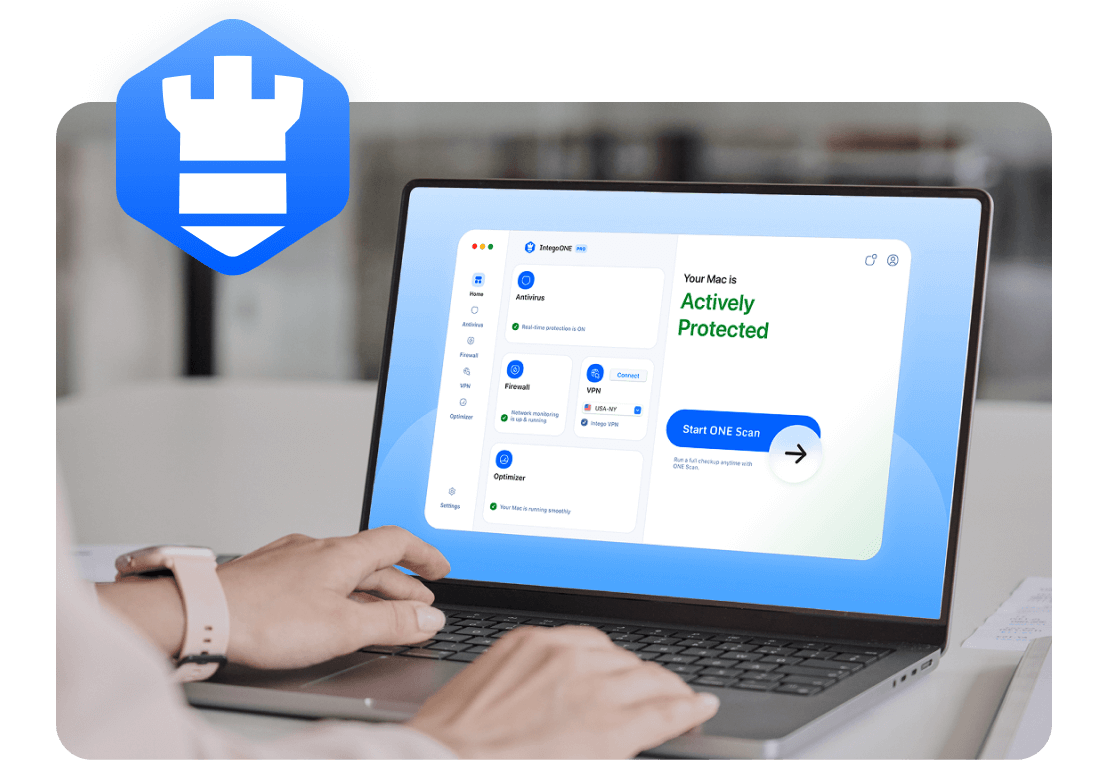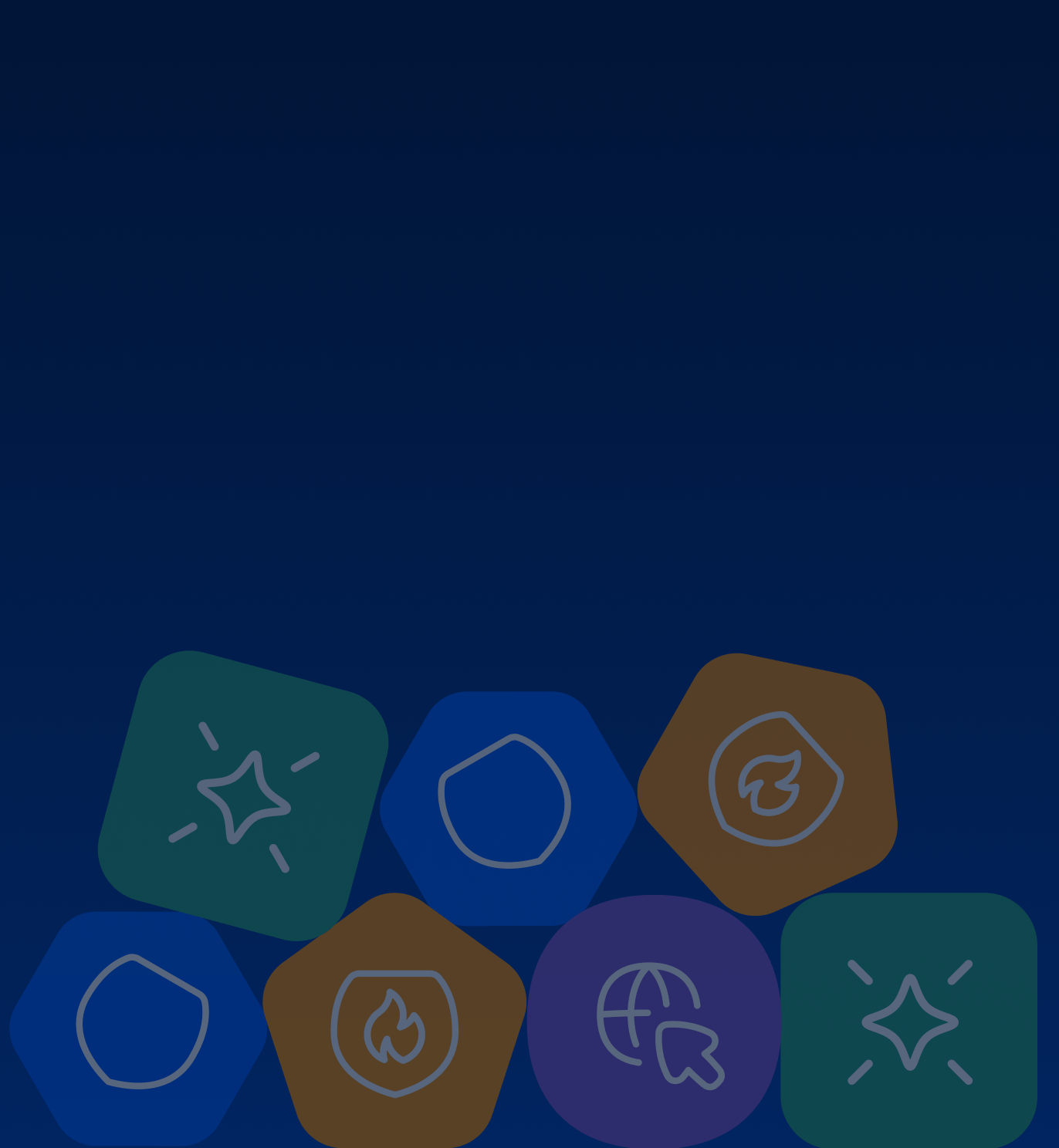What Is Antivirus Software
and Why Does It Matter?
Antivirus software protects your device from online threats.
Antivirus stops everyday risks like malware, ransomware, and hazardous downloads before they can cause damage to your computer and private data.

What Is Antivirus Software?
Antivirus software is security software that prevents, detects, and removes malicious code such as viruses, ransomware, spyware, and other threats. It scans files, apps, email attachments, and downloads; and monitors activity in real time to block suspicious behavior.
When something looks unsafe, it places the item in quarantine so it cannot cause harm to your device and operating system, then lets you review and delete or restore it. The result is a safer computer and better protection for your personal data.
Buying antivirus software is like buying insurance:
It's important to make a good choice now,
just in case you need the assistance later.
Peter H. Gregory, American computer security specialist and writer.
How Does Antivirus Work?
Modern antivirus is proactive. Instead of only repairing infected files,
it prevents infections from happening in the first place -
helping your computer stay fast, secure, and reliable.

Scans for malicious code in files, apps, emails, and downloads

Blocks threats in real time before they can damage your device

Quarantine suspicious files so you can decide what to keep/remove

Keeps scanning 24/7 and alerts you if new threats are detected
What Does Antivirus Software Do?
Multiple layers of defense keep you protected from both known and emerging threats.
01
Scan for Threats
Antivirus software inspects files for unexpected modifications or embedded code. Malware often tampers with normal applications, so spotting altered binaries or scripts is a key defense.

02
Monitoring Installers
Many threats arrive disguised as installers or updates. Antivirus tools analyze how these packages behave when unpacked, catching malicious payloads before they execute.

03
Processes Watch
Instead of only looking at files on disk, antivirus software keeps an eye on what’s running in memory. Malicious processes that try to hijack resources or inject code into trusted apps are flagged immediately.

04
System Safeguards
Some malware makes persistent attempts by adding login items, launch agents, or hidden background services. Antivirus actively checks these areas to stop threats from reappearing after a reboot.

Signature-Based Detection
Compares to known malware
Antivirus software maintains a database of known malware “fingerprints.” When a file matches one of these signatures, it’s immediately flagged and blocked. This is the most reliable way to stop well-documented threats before they spread.
Heuristic Analysis
Flags unusual behavior
Instead of only looking for known signatures, heuristic analysis inspects how code is structured and what it tries to do. If something behaves like malware - even if it hasn’t been seen before - the antivirus can intervene and stop it.
Behavioral Monitoring
Observes actions typical of malware
Many threats reveal themselves through suspicious actions rather than their code. Behavioral monitoring keeps watch for patterns like unauthorized system changes, data exfiltration attempts, or programs launching unexpectedly.
Cloud-Based Scanning
Checks new threats in real time
Modern antivirus connects to constantly updated online threat databases. This allows it to identify brand-new malware as soon as it’s discovered globally, protecting your computer in real time without waiting for the next manual update.
Types of Antivirus Software

Standalone Antivirus
Provides core protection by scanning for and removing common viruses, spyware, and other threats. It focuses on malware defense without adding extra tools.
Best for:
Users who want lightweight, no-frills protection for everyday security.

Security Suites
Bundles antivirus with additional defenses such as a firewall and a VPN. This all-in-one solution offers broader coverage against both online and offline threats.
Best for:
People looking to boost their digital protection, privacy, and network security.

Cloud-Based Antivirus
Relies on cloud servers to detect threats in real time. This reduces the load on your computer while ensuring the latest threat characterizations are always in place.
Best for:
Always-connected users who want fast protection with minimal system impact.
Antivirus Services by Cost
Paid
Free
Real-time protection against new and evolving threats
Basic malware scanning and removal
Automatic updates with the latest security definitions
Limited protection against known threats
Advanced features like quarantine management and scheduled scans
No real-time monitoring or proactive defense
Full protection for sensitive data, online shopping, and banking
Fewer updates and reduced protection
The Benefits of Antivirus
Having 24/7 monitoring and protection that’s running in the background gives you peace of mind, knowing your most valuable digital assets are secured.
Stops malware from spreading
Protects your personal and financial data
Helps maintain your device's performance
Warns you about risky websites or downloads
Do You Really
Need an Antivirus?
If you connect to the internet, you likely need protection. Every online activity carries risk and might open doors for cybercriminals. Antivirus protection ensures those doors stay locked. Common risk signals are:
- You use public Wi-Fi
- You shop and/or bank online
- You download files regularly
- You share your device

Antivirus vs. Other Security Tools
Antivirus
Protects your computer by scanning for and removing malicious software such as viruses, ransomware, spyware, and trojans. It’s the first line of defense against harmful files and downloads.
Should you use it:
Yes, an antivirus is highly recommended for every computer user.
Firewall
Acts as a gatekeeper between your computer and the internet. It controls which apps and services can send or receive data, blocking unauthorized access to your system.
Should you use it:
Useful for anyone who wants control and visibility over their network activity.
VPN
Encrypts your internet traffic and masks your IP address. This keeps your browsing private, especially on public Wi-Fi, and helps you access content securely from different locations.
Should you use it:
Recommended if you value privacy, travel often, or use untrusted networks.
Security Suite
Bundles multiple tools into one package, often combining antivirus, firewall, VPN, and more. It provides all-around seamless protection from threats and helps simplify your security setup.
Should you use it:
Best if you want comprehensive protection with everything managed in one place.
Real-World Antivirus Examples
Malware Disguised as a Free App
Free tools downloaded from third-party websites can contain hidden malware designed to steal login credentials. In this case, the antivirus will scan the installer, quarantine it immediately, and prevent accounts and personal data from being compromised.
Phishing Email Dangerous Attachment
A common phishing practice is creating emails that imitate a financial institution. In some cases, these may also include a PDF attachment carrying ransomware. In this scenario, the antivirus will scan the file before it is opened, flag it as malicious, quarantine it to prevent financial loss and data lockout.
Malicious Fake macOS Updates
Pop-ups claiming to be macOS updates can actually be a malicious installer hiding adware and spyware. In this example, the antivirus will identify the fake update, block the installation, and keep the system safe from tracking and data theft.
Frequently Asked Questions
Antivirus software prevents, detects, and removes harmful threats from your device, protecting your data and privacy from malware and online attacks. Intego Antivirus goes further by offering real-time protection and advanced threat detection to keep your files, identity, and system safe at all times.
Internet security software combines antivirus protection with additional tools like a firewall and a VPN for broader defense against online threats. Intego Firewall is a key part of this protection—it monitors network activity, blocks suspicious connections, and prevents hackers from accessing your system while you browse, stream, or work online.
Yes. Free tools usually cover only basic risks, while paid antivirus software like Intego ONE gives you full protection, frequent updates, and peace of mind.
Without it, your computer is exposed to malware, phishing, and ransomware that can steal or damage your data.
An antivirus continuously scans, blocks, and quarantines threats to keep your system safe and your data secure. It’s a vital part of your overall cybersecurity protection, helping defend against malware, phishing attacks, and other online threats that could compromise your privacy or device performance.
Yes. Antivirus is designed to stop viruses, spyware, ransomware, and other types of malware before they cause harm.

Intego
Trusted. Proven. Powerful.
Driven by innovation for over 25 years, Intego has provided advanced cybersecurity solutions built to protect what matters most — your data, your privacy, and your devices.
With award-winning antivirus, firewall, VPN, and system optimization tools, Intego combines powerful defense with the simplicity and reliability Mac and PC users expect.
